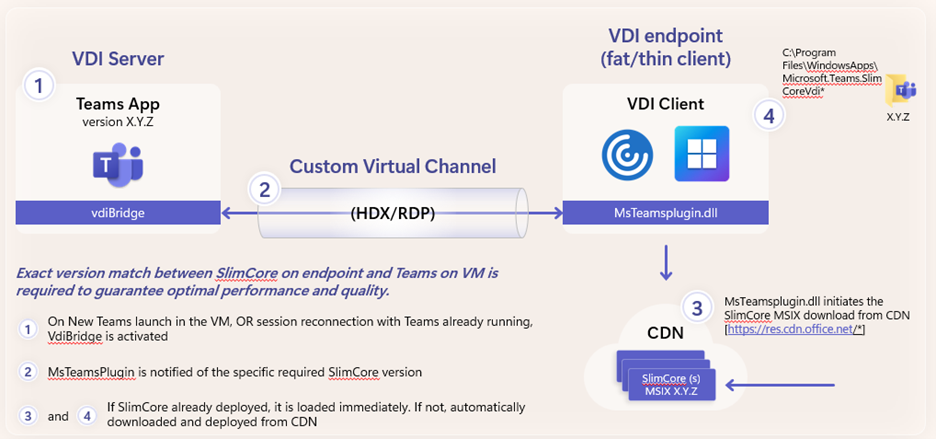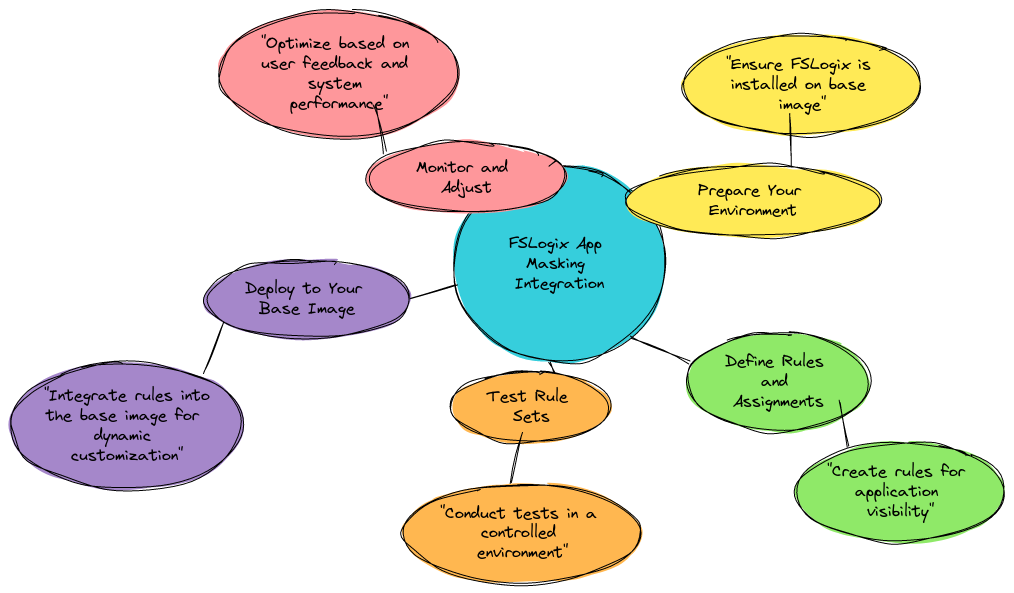

Top 100 Reasons to Work Remotely in the IT Industry
Working remotely in the IT industry has gone from a rare perk to a common arrangement, and for good reason! There are many benefits to working from home or a flexible location as an IT professional. Here are 100 reasons why remote work makes sense in the tech sector:
Work-Life Balance
- No commute saves time and reduces stress.
- Flexible schedule allows you to work when you are most productive.
- Ability to handle personal appointments and obligations.
- More time for family, friends, and hobbies.
- Pets love having you around!
- Easier to maintain a healthy work-life balance.
Productivity
- Fewer office distractions help you focus.
- Quiet and comfortable home office environment.
- Ability to control lighting, temperature, and noise.
- Avoid office politics and gossip.
- More flexibility to work odd hours if needed.
- Saves time spent getting ready and commuting.
- Easier to take breaks and recharge throughout the day.
Cost Savings
- No transportation costs like gas or train tickets.
- Less money spent on lunches out, coffee runs, and happy hours.
- Lower costs for professional wardrobe and daily preparation.
- Reduced auto maintenance and repairs from less driving.
- Don't have to live near an expensive office location.
- Company saves on reduced office space expenses.
- Government incentives available for remote workers and companies.
Environment & Sustainability
- Remote work reduces carbon footprint from commuting.
- Less paper waste when workflows are digital.
- Lower energy costs from less office use.
- Ability to live a more sustainable lifestyle.
- Renewed motivation to conserve resources.
- Lessen impact on local infrastructure.
- Preserve green spaces rather than expand offices.
Workplace Culture
- Results-oriented workflow focuses on outcomes.
- Flexibility makes for happier, less stressed employees.
- Trust built with management by delivering work on time.
- Develop better relationships through video chats.
- Increased diversity by hiring people in different locations.
- Chance to work with talent all over the world.
- Watercooler chat and jokes happen on Slack channels.
- Bond with co-workers through virtual hangouts.
Health & Wellness
- Less exposure to office germs and illnesses.
- Ability to see doctor, dentist, and other appointments easily.
- Healthier eating habits when you control your meals.
- Energy boost from having a pet nearby.
- Motivation for regular movement or exercise breaks.
- Avoid tiredness, fatigue, and burnout from long commutes.
- Lower stress levels from comfortable home setting.
- Better sleep habits when there’s no commute before work.
- Improved mental health without office politics or gossip.
Work Opportunities
- Increased options for positions not limited by commute distance.
- Ability to work for companies in other states or countries.
- Greater flexibility when changing roles or positions.
- Develop broader skillset by collaborating with diverse teams.
- Gain knowledge from mentors and experts globally.
- Build side projects and explore passion projects after work.
- Network and make connections in online professional groups.
- Increased opportunities once daily commute time is freed up.
Technology
- Improved tech infrastructure for secure access and collaboration.
- Necessity of paperless workflows and tools.
- Mainstream adoption of communication apps like Slack or Teams.
- Innovation in online video meeting solutions.
- Virtual office solutions provide centralized online headquarters.
- Tech budgets shifted to support remote work capabilities.
- Increased interest in automation and AI to aid workflows.
- Rapid advancements in cloud computing and storage.
Hiring & Retention
- Wider talent pool to select the best candidates globally.
- Shortage of skilled tech workers makes hiring harder.
- Remote work expands options for hiring and retention.
- Low unemployment means more competition for top talent.
- Employees want schedule flexibility and career growth.
- Virtual teams allow people to contribute from anywhere.
- Hiring people with disabilities or mobility challenges easier.
- Retain working parents and caretakers with remote options.
Resilience & Business Continuity
- Remote work allows business continuity during disruptions like weather events or pandemics.
- Data and systems access from anywhere makes recovery easier after disasters.
- Flexibility to adapt helps companies weather unexpected changes.
- Digital workflows prevent work stoppages when people cannot be onsite.
- Tools allow real-time communication and coordination during incidents.
- Ability to quickly scale remote workers supports emergency needs.
- Distributed workforce limits exposure when one location is affected.
- Secure cloud infrastructure prevents data loss and downtime.
Management & Leadership
- Increased focus on results rather than time spent at desks.
- Leaders must clearly communicate goals and motivate teams remotely.
- Project management based on deliverables and milestones.
- Tools for tracking progress and benchmarks.
- Success depends on supporting people more than monitoring activity.
- Need to overcommunicate goals and provide frequent updates.
- Build trust by being responsive to employee needs and concerns.
- Develop skills at providing remote coaching and mentoring.
Teamwork
- Increased team cohesion through daily video check-ins.
- Chat apps enable real-time collaboration and brainstorming.
- Virtual watercooler channels create camaraderie.
- Use collaboration platforms to coordinate and track projects.
- Get to know teammates personally through virtual hangouts.
- Develop relationships with colleagues you might not otherwise meet.
- Hold regular virtual team activities and social events.
- Provide informal mentoring and support across the organization.
Personal Development
- Improve ability to self-start and stay motivated.
- Opportunity to upgrade technical skills needed for remote work.
- Develop habits to avoid distraction and be productive.
- Practice time management and set smart daily goals.
- Stay current on digital collaboration tools and processes.
- Refine written and verbal communication abilities.
- Learn strategies for leading remote teams and mentoring online.
- Opportunity to demonstrate and strengthen adaptability, responsibility, collaboration, and growth mindset.
Working remotely requires some adjustments but offers many rewards for the right IT professionals. As technology and policies continue evolving quickly in support of flexible work, there has never been a better time to take advantage of the benefits of telecommuting and virtual teamwork in the tech sector.














.png)














